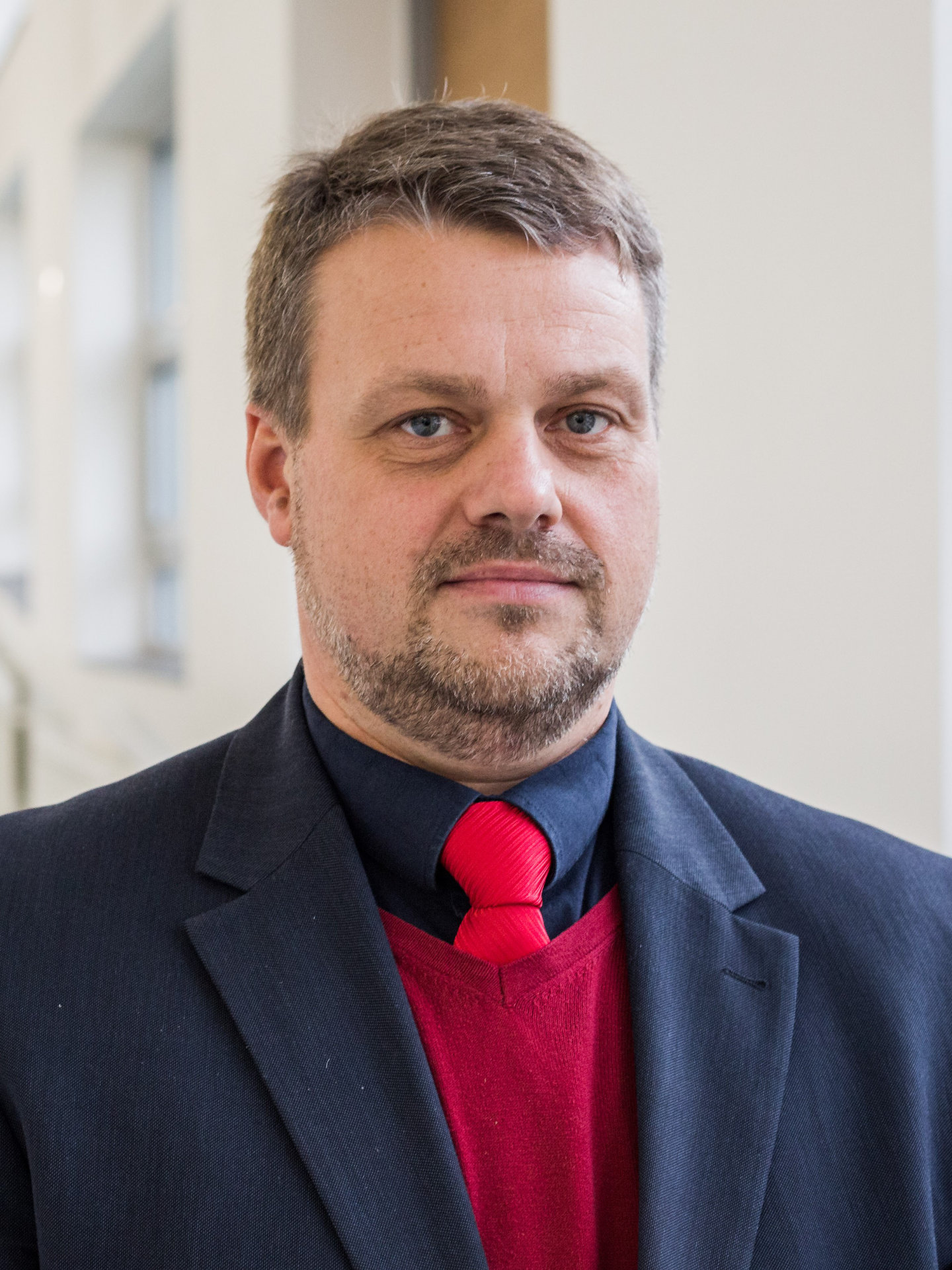Prof. Jakub Otahal, MD, PhD
Team Leader
Department of Patophysiology, Second Faculty of Medicine, Charles University
Scientific background
As a student of medicine, I started working at the Institute of Normal, Pathological and Clinical Physiology of Third Faculty of Medicine, Charles University in the research on ischemic stroke. I regularly interned with Prof. Benes at the Neurosurgical Department of Masaryk Hospital in Ústí nad Labem. I did my postgraduate studies under the supervision of Prof. František Maršík (Institute of Thermomechanics of Czech Academy of Sciences, CAS) and Prof. Pavel Mareš (Institute of Physiology of CAS).
After obtaining my PhD, I went to Berlin for a decisive postdoc at the Institute fur Neurophysiologie (Charité – Universitats Medizine Berlin) led by Prof. Uwe Heineman where I collaborated with Prof. Oliver Kann (University of Heidelberg), Dr. Richard Kovacs and other excellent scientists. After my return, I worked at the Institute of Physiology of the CAS, where I formed a group focused on nervous tissue metabolism (collaboration with Dr. Jaroslava Folbergrova). Between 2010-2015 I was the Deputy Director of the Institute.
Following the establishment of the Epilepsy Research Centre Prague (EpiReC) and development of an intensive collaboration with clinicians from Motol University Hospital, I moved to my current workplace, the Institute of Pathological Physiology at Second Faculty of Medicine, Charles University. In addition to teaching and solving scientific projects, I am also involved in the transfer and commercialization of intellectual property and technology as a “Technology Scout” at Second Faculty of Medicine.
Research interests
In my work, I strive to describe the changes that take place during the development of acquired epilepsy. I focus mainly on the changes in energy metabolism and cerebral perfusion. Together with my collegues we try to translate the acquired knowledge into the clinical practice. We focus on the improvements of epilepsy diagnostic imaging procedures, especially magnetic resonance imaging (MRI). In close collaboration with the Department of Radiology, Department of Neurology, Department of Paediatric Neurology, we validate the assessment of non-Gaussian diffusion (DKI), perfusion (DSC, pcASL) blood-brain barrier permeability (DCE, DEBBIE ASL) and newly electrical properties of tissue (MR-EPT) for the consequent clinical application.
Selected publications
Danačíková Š, Straka B, Daněk J, Kořínek V, Otáhal J. In vitro human cell culture models in a bench-to-bedside approach to epilepsy. Epilepsia Open. 2024 Apr 18. https://doi.org/10.1002/epi4.12941
Bučková BR, Kala D, Kořenek J, Matušková V, Kumpošt V, Svobodová L, Otáhal J, Škoch A, Šulc V, Olšerová A, Vyhnálek M, Janský P, Tomek A, Marusič P, Jiruška P, Hlinka J. Structural connectivity-based predictors of cognitive impairment in stroke patients attributable to aging. PLoS One. 2023 Apr 14;18(4):e0280892. https://doi.org/10.1371/journal.pone.0280892
Janovska P, Zouhar P, Bardova K, Otahal J, Vrbacky M, Mracek T, Adamcova K, Lenkova L, Funda J, Cajka T, Drahota Z, Stanic S, Rustan AC, Horakova O, Houstek J, Rossmeisl M, Kopecky J. Impairment of adrenergically-regulated thermogenesis in brown fat of obesity-resistant mice is compensated by non-shivering thermogenesis in skeletal muscle. Mol Metab. 2023 Mar;69:101683. https://doi.org/10.1016/j.molmet.2023.101683
Folbergrová J, Ješina P, Otáhal J. Protective Effect of Sulforaphane on Oxidative Stress and Mitochondrial Dysfunction Associated with Status Epilepticus in Immature Rats. Mol Neurobiol. 2023 Apr;60(4):2024-2035. https://doi.org/10.1007/s12035-022-03201-x
Daněk J, Danačíková Š, Kala D, Svoboda J, Kapoor S, Pošusta A, Folbergrová J, Tauchmannová K, Mráček T, Otáhal J. Sulforaphane Ameliorates Metabolic Changes Associated With Status Epilepticus in Immature Rats. Front Cell Neurosci. 2022 Mar 15;16:855161. https://doi.org/10.3389/fncel.2022.855161
